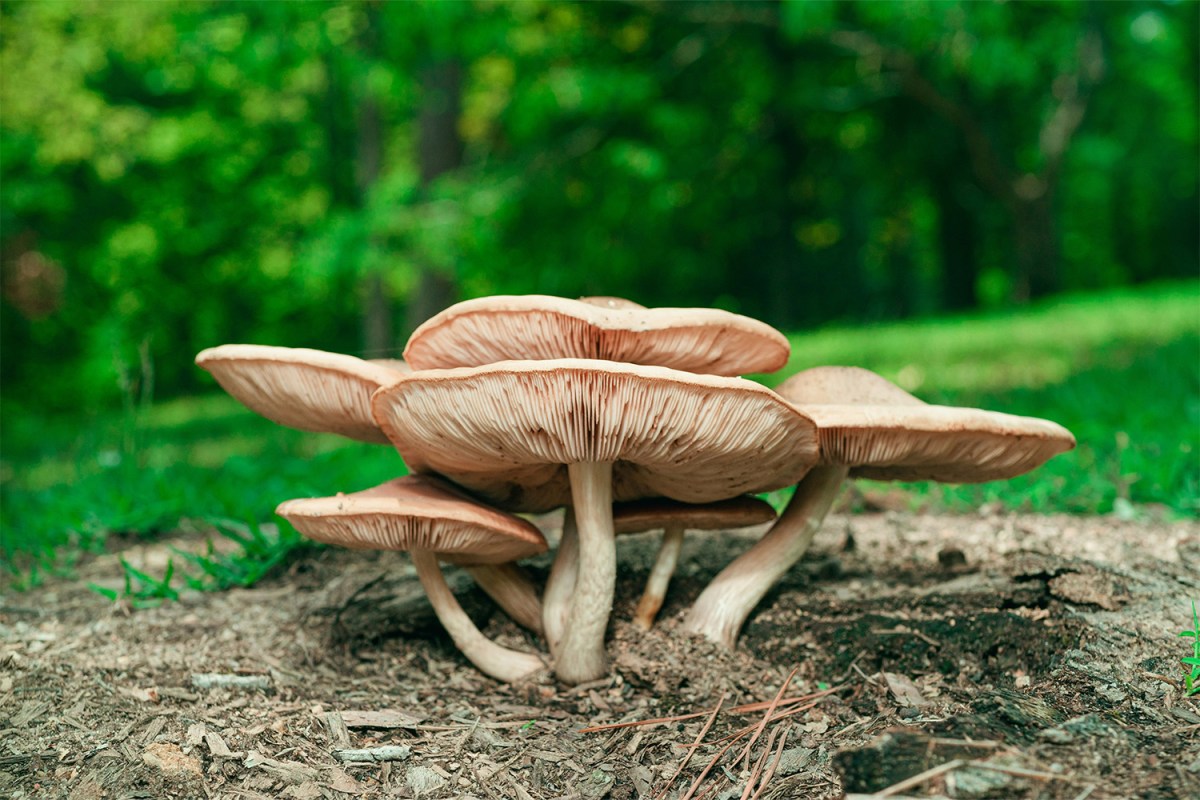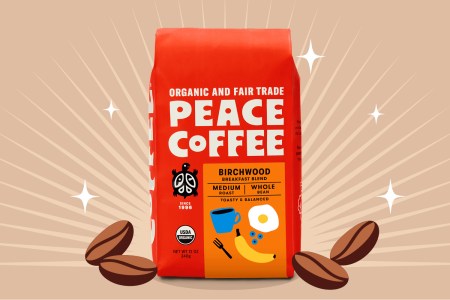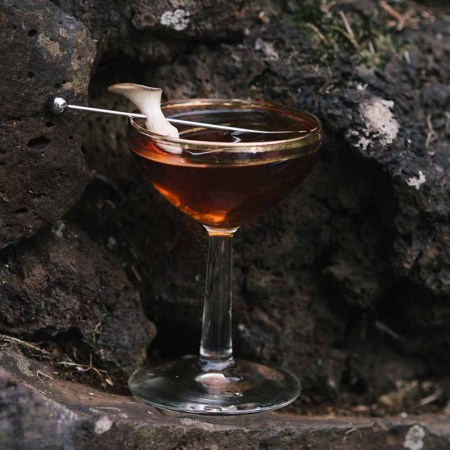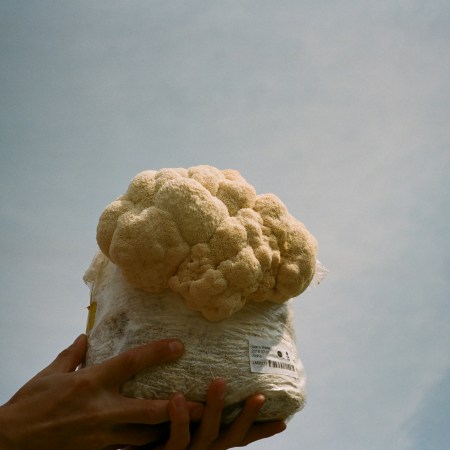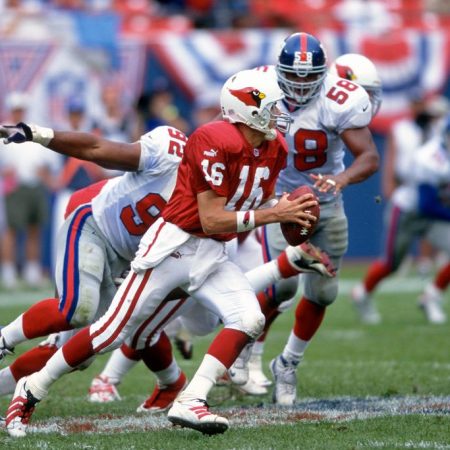Demand for “functional mushrooms” has exploded over the last five years, swelling to a market size of over $30 billion in 2023. Consumers can now find various mushrooms — lion’s mane, reishi, chaga — in a variety of powder, tincture, gummy and capsule forms. These super-shrooms’ purported benefits are numerous: supplement labels promise everything from immune resiliency to a mid-afternoon cognitive boost.
The hype train has ferried functional mushrooms all the way into a different market entirely, colliding it with another “supplement” that typically exists in its own rarefied sphere: coffee. Google Trends data shows a surge in “mushroom coffee” search over the last half-decade, as brands like MudWtr, Joe’y, Four Sigmatic, Everyday Dose and Wunderground have popularized the java alternative.
What exactly is mushroom coffee, though? The phrase conjures images of little caps floating in a beige froth. Soup in a mug. Does it taste good? Does it give you a better buzz? And what health benefits would compel a consumer to make the switch, anyway?
The Skinny on Mushroom Coffee
For starters, rest assured: mushroom coffee is no clumpy concoction. Purveyors grind down the fruiting bodies of mushrooms (that’s the above-ground part) to a fine powder, then mix them with coffee beans — typically at a 1:1 ratio.
While some have described an “earthiness” taste when trying out this blend, many online say that the mushrooms are difficult to detect at all. Mushroom coffee, it turns out, tastes much like regular coffee. Considering coffee-drinkers’ personal preferences (in preparation, choice of milk, etc.), it’s possible that you whip up a batch of mushroom joe and not notice much difference at all.
Except, of course, in how it makes you feel — because the mushrooms take the place of 50% of the coffee beans, there is 50% less caffeine in your end result. If you’ve been eagerly looking to cut back on your caffeine intake, then this is a potential way forward. (It reminds us of low-ABV beers and the way some beer-drinkers have started “cutting” a poured glass of Heineken with Heineken 0.0.)
But if you rely on over 100 milligrams or more of caffeine each day, you’re going to need to brew multiple cups of mushroom coffee. An eight-ounce cup of the alternative invariably includes 100 mg or less of caffeine.
Stuff We Swear By: My Love Language Is a Mug of Peace Coffee
The coffee beans I recommend most just happen to be organic, fair trade and sustainable. But it’s the taste that’ll win you over.Cost and Other Concerns
When we ask the question “Does mushroom coffee do anything?” we’re thinking short-term and long-term.
In the immediate sense, yes, mushroom coffee will give you a slight buzz (most likely sans jitters, which is a plus). It’s capable of checking that ritualistic box, too — so many of us drink coffee simply because it’s what we do. It’s a moment in the day that we’re used to, that we rely on. Mushroom coffee can scratch the itch.
From a wellness perspective, though, it’s not yet known whether mushroom coffee can do much else for you. Here’s some key analysis from UCLA Health: “It’s important to understand that while some of the health claims may be valid, many haven’t been proven in scientific studies. It’s also not yet proven that drying, extracting and brewing mushrooms leaves their health benefits intact.”
Those health claims that UCLA alludes to are similar to the ones we’re seeing for every other functional mushroom ingredients on the market. Read these labels with their funky branding (which would pair so well with your kitchen backsplash!) and you’ll walk away convinced that lion’s mane, turkey tail, chaga, reishi and cordyceps are capable of reducing inflammation, keeping you asleep or even stopping cancer in its tracks.
But there just aren’t any studies dedicated to the specific concept of mushroom coffee yet. Even the studies of functional mushrooms were done on animals, not humans.
Finally, the subscription prices for mushroom coffee are, in a word, bonkers. That’s probably because functional mushrooms are grown in organic and sustainable small batches. Which is admirable, yes…but it makes them expensive to use and consume.
At the end of the day, if you like the taste, don’t mind the price, want to drink less caffeine and appreciate the ritual of coffee (no matter a coffee’s coffee-bean percentage), then give mushroom coffee a try. Otherwise, skip it. Ingest mushrooms the old-fashioned way, on your dinner plate. We know for a fact that those mushrooms will fight inflammation in the body.
The Charge will help you move better, think clearer and stay in the game longer. Subscribe to our wellness newsletter today.
